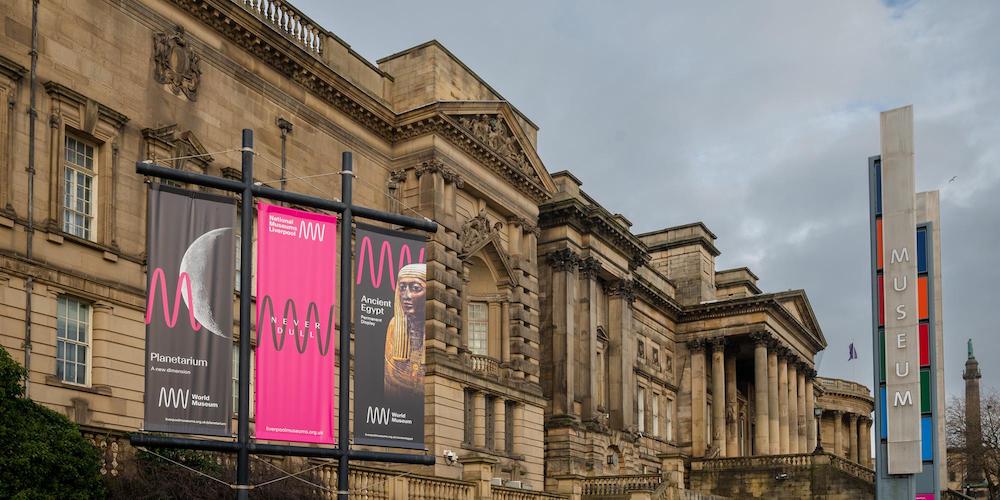
History
The history and origins of the Scouse accent
6 months ago

Our accent has become an integral part of Liverpool’s identity, it reflects the city’s maritime legacy, immigration waves, and unique social dynamics.
The Scouse accent is easily one of the most recognisable accents in the UK. It bears the imprint of various cultural influences that have shaped Liverpool’s history.
The city’s transformation from a small fishing port into a significant international trade and industrial hub during the 18th century led to a diverse influx of accents and dialects.
Primarily impacted by Irish and Welsh immigrants arriving through the bustling Liverpool docks, as well as the presence of Scandinavian sailors, the Scouse accent sets itself apart from other English accents.
The earliest recorded mention of our distinct accent dates back to 1890. Linguist Gerald Knowles proposed that the nasal quality of the accent might be traced back to poor public health conditions in the 19th century.
Prolonged exposure to colds among the populace led to a nasal accent becoming the norm, subsequently adopted by newcomers learning the local dialect.
Scousers are recognised for speaking at a higher pitch than the majority of English speakers, occasionally approaching falsetto.
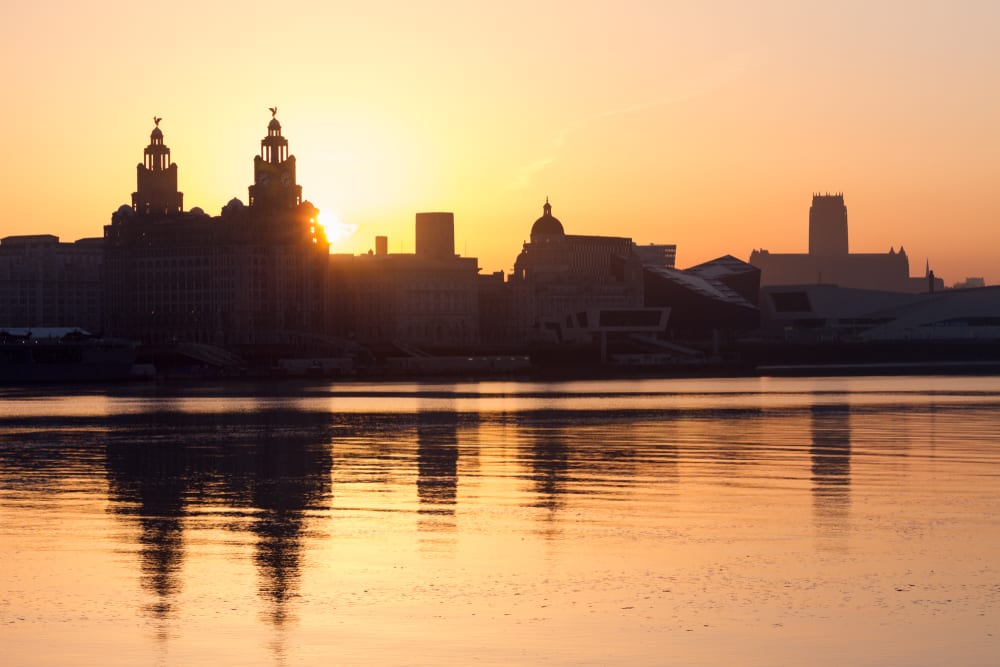
Up until the mid-19th century, the prevailing local accent resembled that of neighboring Lancashire areas. Notably, comedian and actor Robb Wilton (1881–1957), from Everton, exhibited a dry Lancashire accent rather than the distinctive Scouse accent.
Since the 1950s, Liverpool’s urban expansion has spread a variation of the Scouse accent into neighbouring regions like Runcorn and Skelmersdale.
These variations exist within the Scouse accent itself. The accent in Liverpool’s city centre and northern neighborhoods is often characterised as fast, harsh, and nasal, while the southern suburbs boast a “Beatles-like” accent, described as slow, soft, and dark.
The evolution of popular colloquialisms show a departure from the historical Lancashire accent that was previously seen in Liverpool… it is also a reason why the Scouse accent is now growing more of an influence in wider areas around the city region.
Despite being perceived as challenging by other Britons… their fault not ours… the Scouse accent has a contrasting reputation.
While some consider it one of the least favoured accents due to its complexity and difficulty to understand, it consistently ranks well in polls regarding British accents and is often perceived as cheerful and amicable.
The term “scouse” is a condensed version of “lobscouse,” it shares roots with the Norwegian lapskaus, Swedish lapskojs, Danish labskovs (skipperlabskovs), as well as the Low German labskaus, all referring to a stew enjoyed by sailors.
In the 19th century, scouse emerged as a staple among the less fortunate residents of Liverpool, Birkenhead, Bootle, and Wallasey due to its affordability and close ties to seafaring families.
Those unfamiliar with the local communities often labeled these individuals as “Scousers.”



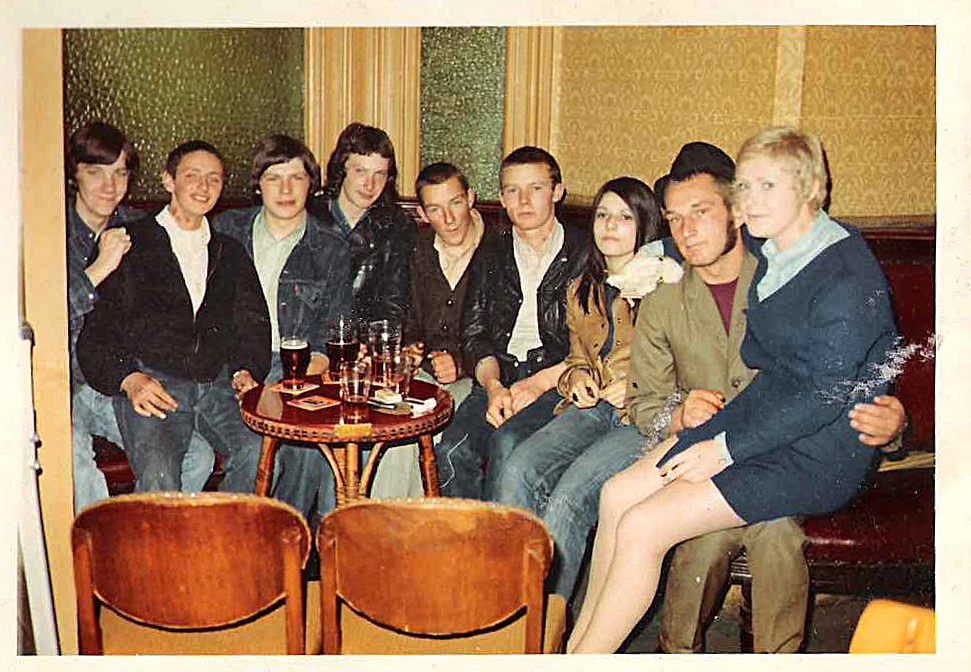
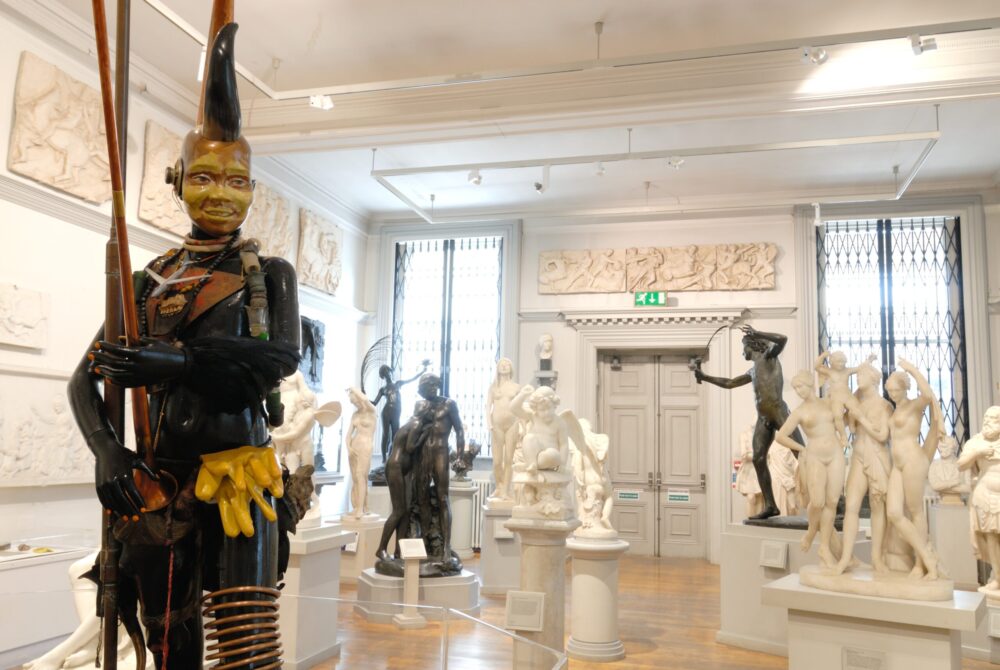
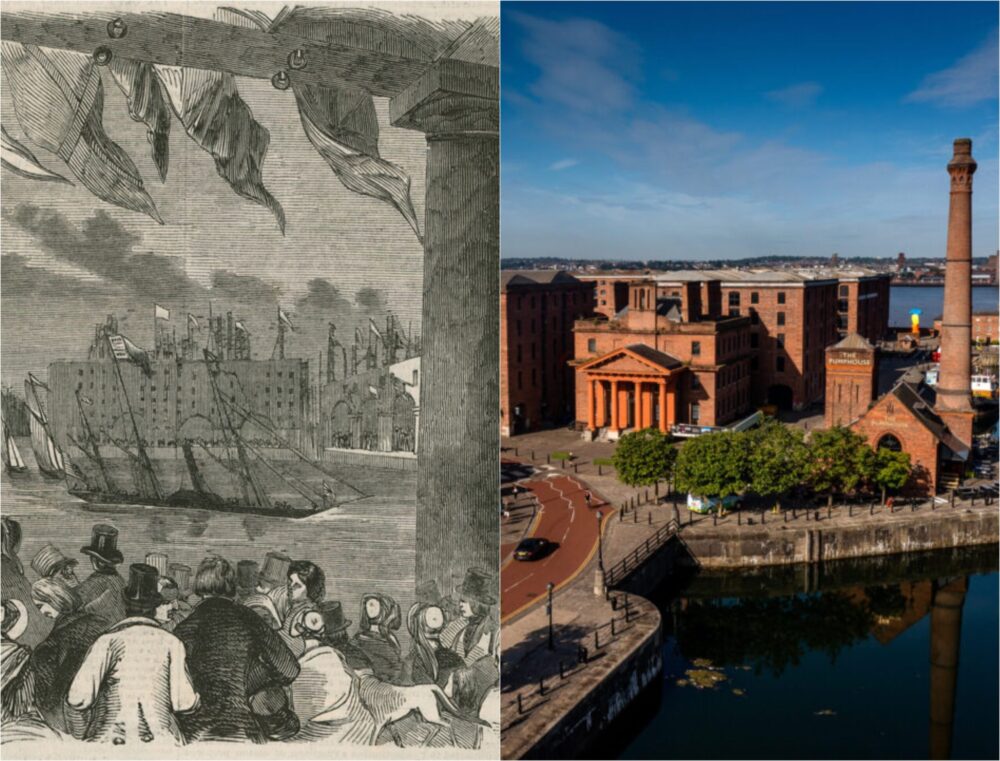
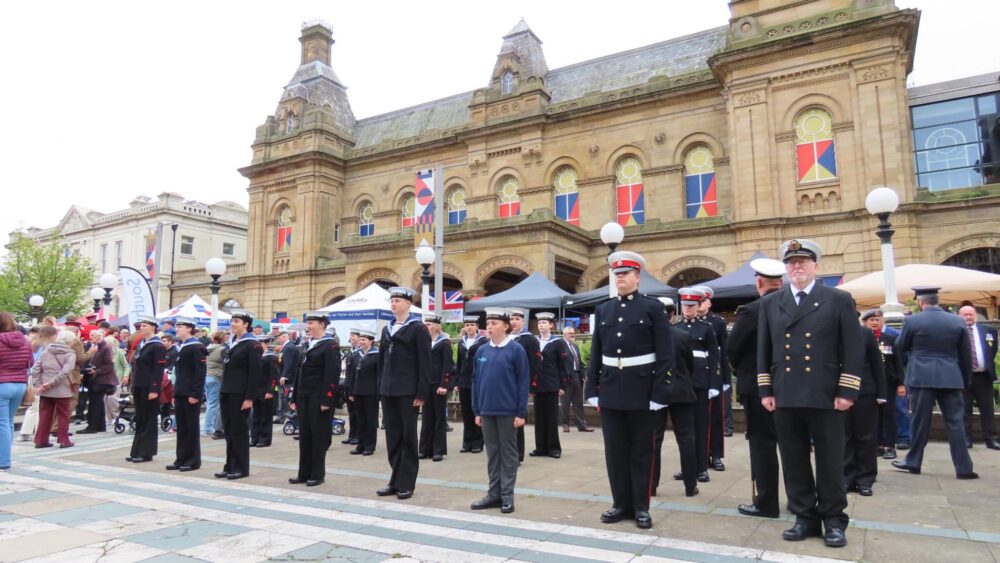

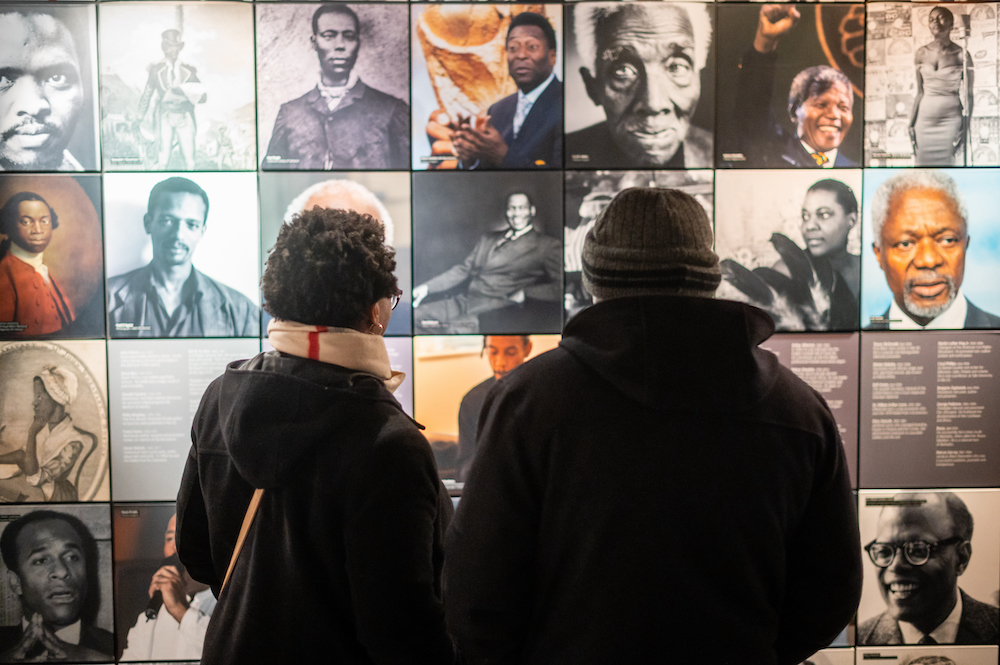
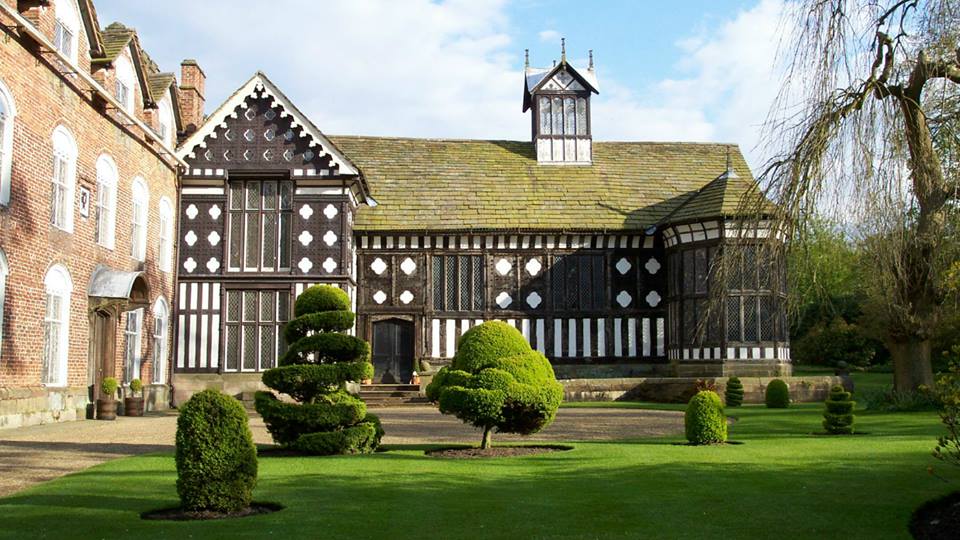
 Subscribe
Subscribe Follow Us
Follow Us Follow Us
Follow Us Follow Us
Follow Us Follow Us
Follow Us Follow Us
Follow Us











